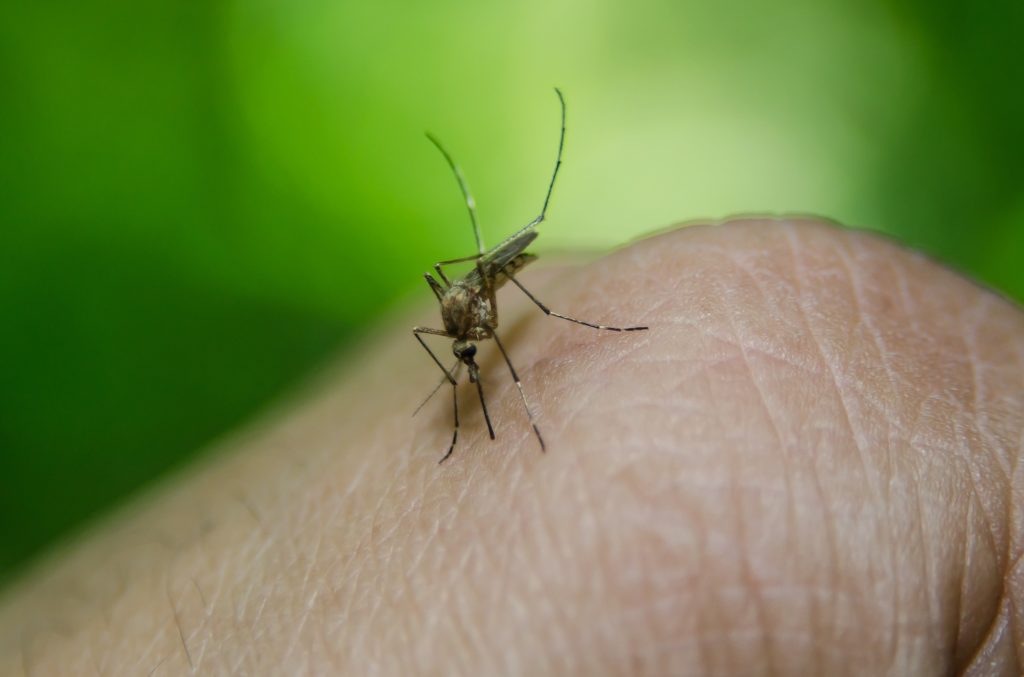Concerns increase over West Nile Virus cases in Miami-Dade
DORAL, FL – On Thursday, the Florida Department of Health raised concerns over West Nile Virus cases in Miami-Dade that up until now have reached to 33.
Back in May, 2020, there were only two cases reported in the county and health authorities were focusing merely on spreading awareness about how to avoid getting bit by the mosquito by using insect repellent day and night, wearing the appropriate wear when outside and throwing items that hold water regularly.
But as the situation worsens, with seven new cases reported by FDH in the county, health authorities are doubling their efforts to stop the increase of the West Nile Virus cases in Miami-Dade.
“It’s definitely a cause for concern,” said Dr. Bill Petrie, the director of Miami-Dade County’s Mosquito Control to CBSMiami adding “it’s not a cause for panic, but it does cause us concern here at mosquito control.”
In an interview with CBSMiami, Dr. Petrie explained his team is focusing on spraying a bacteria-based larvacide called BTI on the thousand of storm drains across Miami-Dade. This product, that doesn’t harm animals or humans, can kill mosquito larvae within hours.
In addition, the organization is also identifying carriers and hot spots by collecting samples from the roughly 200 mosquito traps across the county every week to later identify and log the mosquitos in a lab and ultimately send them to the Centers for Disease Control and Prevention for testing.
About the virus, it was revealed that is transmitted by birds and that most people who become infected usually show mild symptoms that disappear within a week. Nevertheless, some people can become seriously ill or even die.
“The concern is we know it’s circulating across the county, and with it being in birds it can be all over,” said Dr. Petrie.
To prevent the West Nile virus, the Florida Department of Health and Mosquito Control advises residents to drain standing water, cover exposed skin, and wear bug spray.
For more information about what to do to avoid mosquito bites, click here.

